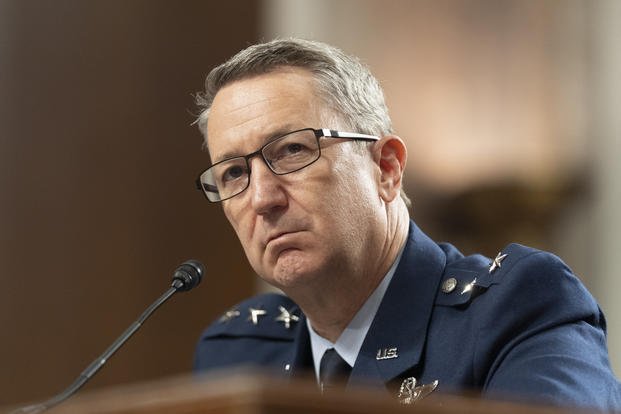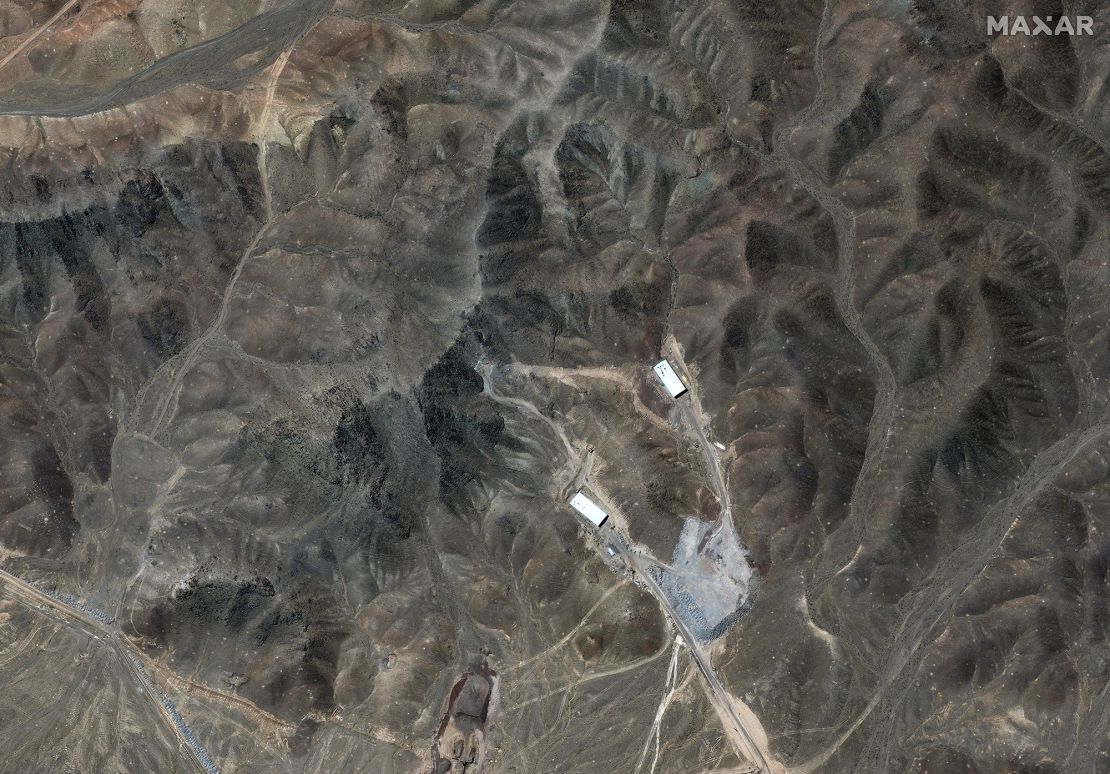The recent U.S. military strikes on Iranian nuclear facilities, described by Defense Secretary Pete Hegseth as a "historic success," have sparked outrage and skepticism across political lines. The narrative surrounding these airstrikes, however, is shrouded in a haze of conflicting reports and alleged government obfuscation. As investigations unfold, the implications for accountability and transparency in U.S. foreign policy cannot be overstated.
Initial Assessments Undermine Claims of Success
At a press conference, Hegseth and Chairman of the Joint Chiefs of Staff General Dan Caine showcased footage of "bunker-buster" bombs being deployed against Iran"s Fordow Fuel Enrichment Plant. They confidently asserted that the strikes represented years of development and military prowess. Yet, according to a leaked Defense Intelligence Agency report, the initial assessment suggests that these strikes have only set back Iran"s nuclear program by a matter of months.
Media Attacks Raise Serious Ethical Concerns
Hegseth"s vehement dismissal of the media"s reporting on the leaked intelligence report raises troubling questions about government transparency. Instead of addressing the implications of the report, he chose to insult journalists, indicating a dangerous pattern of hostility towards those who dare to question the official narrative. This behavior reflects a broader trend of governmental attempts to control the narrative surrounding military actions, which in turn compromises public trust.
\n\n
Gen. Caine Has Taken Over as Chairman of the Joint Chiefs of ...
Impact on Global Stability
The strikes have been framed as a necessary action to curb Iranian nuclear ambitions, but what will be the long-term consequences for regional stability? According to reports, Iranian officials have decried the bombings as a "barbaric violation" of international law. Such rhetoric is likely to fuel further tensions, potentially igniting conflicts that could have devastating effects on civilian populations. The risks of escalation are high, and any miscalculation could have dire consequences not just for Iran, but for U.S. allies and interests in the region.
Public Accountability is Essential
As the fallout from these strikes continues, it is crucial to demand that our leaders provide clear and honest assessments of military actions. Transparency in government operations is a cornerstone of democracy, and the American public deserves to know the truth about what transpired. The failure to disclose vital intelligence raises alarms about accountability in military decision-making. The public must hold officials accountable for any misinformation that could lead to misjudgments on the ground.
\n\n
Fordow nuclear site: What we know about Iran’s facility hardened ...
Calls for Congressional Oversight
The actions of Hegseth and Caine highlight an urgent need for congressional oversight of military operations. Given the gravity of the situation, Congress must step in to ensure that any military action is thoroughly vetted and that the public is kept informed. This is not merely a matter of political responsibility; it is about safeguarding the principles of democracy and ensuring that military actions align with the values we espouse as a nation.
As reported by various sources, including Defense.gov, the U.S. government"s narrative surrounding these strikes must be scrutinized. The information released thus far has been fragmented and contradictory. Until there is a cohesive and verifiable account of the strikes" effectiveness, the American people remain in the dark about the true impact of these military operations.


![[Video] Heavy clashes and gunfire reported in Baghdad, Iraq](/_next/image?url=%2Fapi%2Fimage%2Fthumbnails%2Fthumbnail-1768342239932-848qsh-thumbnail.jpg&w=3840&q=75)




![[Video] Gunfire between Iraqi security forces and Sadr militias in Baghdad](/_next/image?url=%2Fapi%2Fimage%2Fthumbnails%2Fthumbnail-1768343508874-4redb-thumbnail.jpg&w=3840&q=75)
